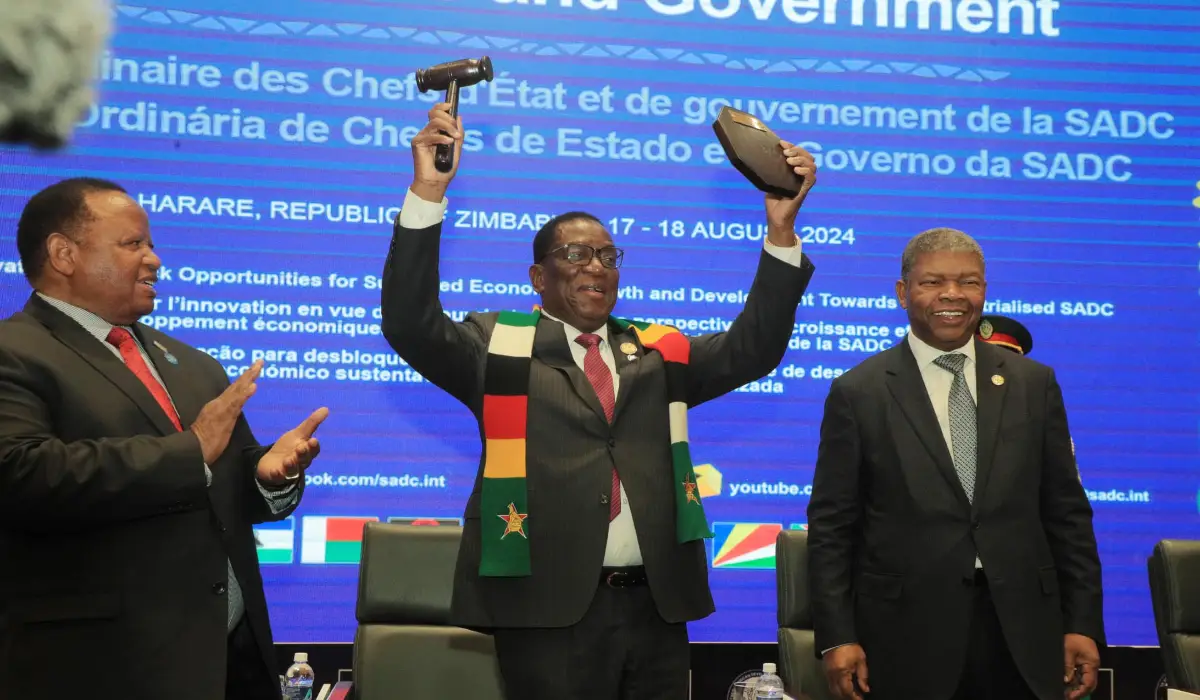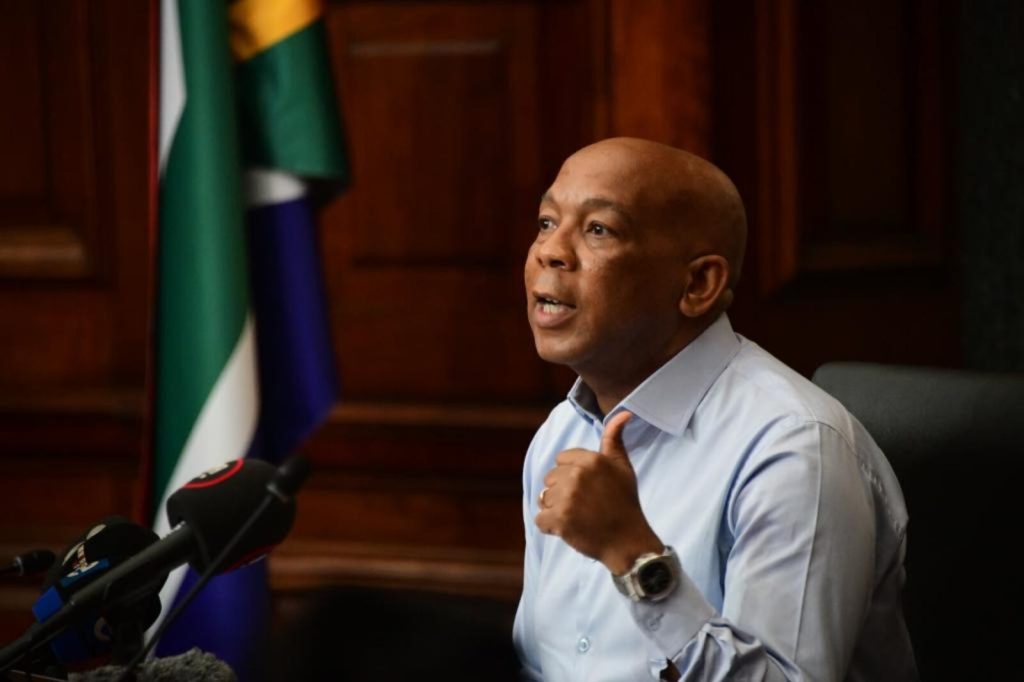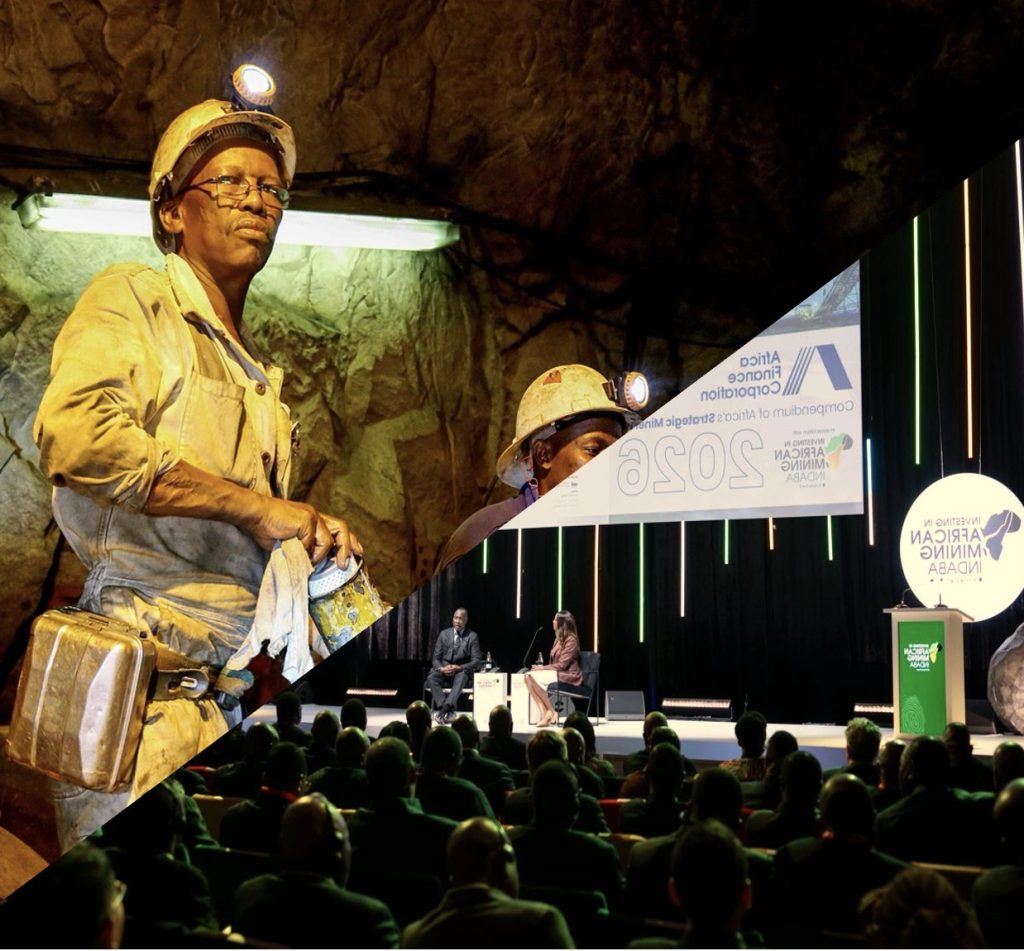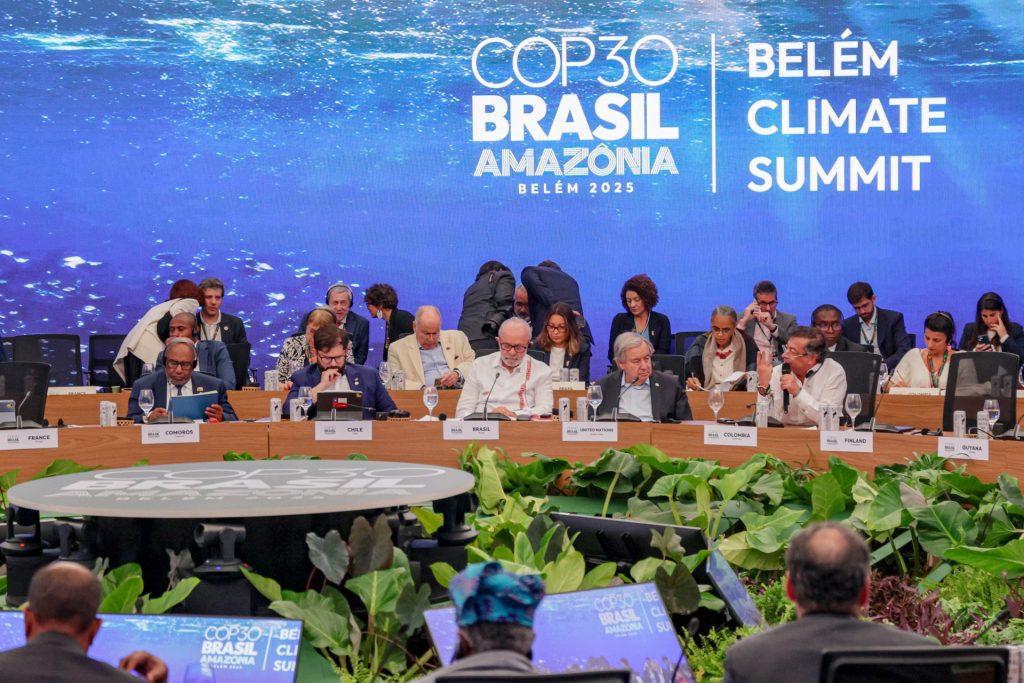Though it was not an item on the agenda at the recently concluded 44th SADC Summit and its precursor, the seventh SADC Industrialisation Week, held in Zimbabwe, most of the speakers at both events consistently underscored the urgency of responding to climate change and the role of low carbon energy in the region’s industrialisation efforts.
Climate change lowers rainfall and exacerbates extreme weather conditions, which can lead to property damage and food insecurity for millions in the region. Low rainfall can also reduce electricity generation within Africa’s hydro-powered plants. This is already happening in Zimbabwe and Zambia as power generation at Kariba Dam has plummeted in recent years, with both countries experiencing rolling blackouts that can last up to 17 hours. Blackouts, as a result of low water levels in Kariba Dam, also threatened the Summit, with national authorities ordering the local power utility to pull out all the stops to ensure uninterrupted electricity supply to it. ‘Promoting Innovation to unlock opportunities for sustained economic growth and development towards an Industrialised SADC,’ is the theme the region is running with at this year’s summit. But can this be attained with the low levels of output at these plants and others?
Access to electricity is being crippled by low energy output, as well as a lack of transmission. It is also undermining the bloc’s industrialisation goals, including agro-processing, minerals beneficiation and downstream processing. “The population with access to electricity was below the levels that had been set as objectives. In some member states, it was possible to get 200% access. But there are others where we had unfortunately less than 20%,” revealed Angola’s President and outgoing SADC Chairperson, Joao Lourenco in his remarks at the SADC summit. He highlighted that “the power generation capacity in most member states of our region have not met the needs since 2008 except [in] Angola, Mozambique and Tanzania, who in April 2024, had a surplus of energy when compared to the current consumption of energy in these countries. Access to the surplus has not been possible due to the low expansion of transmission networks and lack of interconnectors that can connect all member states of the region.” President Lourenco called for more investment in the energy sector and emphasised the need to explore diverse energy sources.
The SADC region is generously endowed with energy resources that range from solar to wind, and hydro to gas. If these sources are fully harnessed, the region has the potential to achieve universal access to modern energy services. Achieving this is a critical precursor to economic development through industrialisation and innovation, which was the topic of this year’s Summit.
Newly appointed SADC Chairperson and Zimbabwean President, Dr Emmerson Mnangagwa, underscored the importance of investment in climate smart agricultural innovation in his acceptance speech on Saturday August 17, 2024. “Regrettably, the region continues to experience climate change induced natural disasters which have had far reaching negative impacts on human and food security. In light of the lessons learnt, investments in transformative agriculture and food systems must be scaled up. Through robust climate mitigation strategies and resilience building mechanisms, we must continually strive to be a region capable of feeding ourselves,” he shared. He called for unity in the region in dealing with climate change and its effects.
Notwithstanding its richness in fossil fuels, Mnangagwa also underscored the centrality of renewable energy as part of the region’s push for industrialisation. “In accelerating the modernisation and industrialisation of our countries, the broadening and expansion of our energy infrastructure with particular emphasis on renewables, is critically important. As developing countries, we contribute the least to global carbon emissions and yet are the most affected. In an endeavour to promote the green agenda, my government is broadening our country’s energy mix. This has seen the generation of energy from waste, along with other renewable energy sources.”
Meanwhile, while addressing delegates at the SDC Industrialization Week, Zimbabwe’s Minister of Finance, Economic Development and Investment Promotion, Professor Mthuli Ncube indicated that climate change is one of the most pressing issues of our time. “It is essential to acknowledge the urgency and significance of climate change and take collective actions to address its causes and mitigate its effects. In the same vein we must explore innovative solutions and leverage the ongoing financing for development of climate change financing,” said Professor Ncube.
He also touched on how critical the carbon market was in addressing climate change. “Carbon credits are a key component of international efforts to reduce greenhouse gas emissions and combat climate change.” This ties in with recent efforts by Zimbabwe to restore global confidence in the carbon markets within its borders, following statements made by the government last year on its intentions to assume ownership of a portion of carbon project revenue.
He pointed out that the SADC region is bestowed with forest resources with 41% of its total land area covered by natural forests that provide timber and non-timber products. Ncube believes that “by leveraging carbon credits, the region can unlock benefits that support sustainable development, economic growth and climate resilience while contributing to global efforts to combat climate change.”





